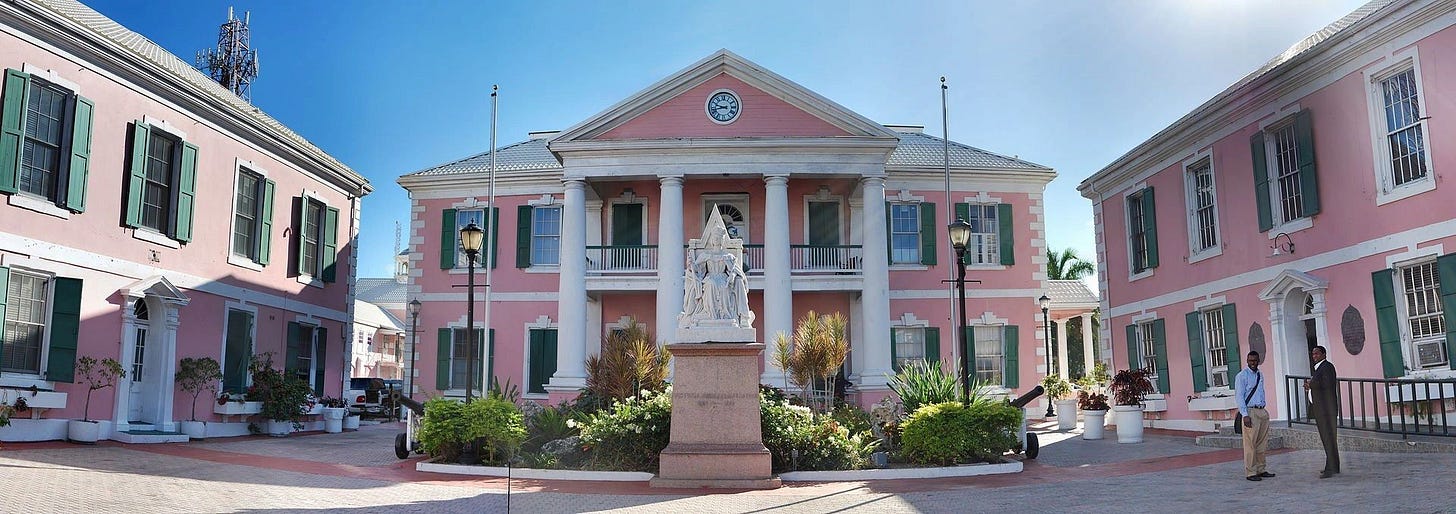Ideologies behind the veil of ignorance
John Rawls made the thought-experiment of reasoning behind the veil of ignorance popular for modern audiences, but we learn from Wikipedia that it is a type of philosophical exercise which has been applied by such thinkers as Kant, Hobbes, Locke, Rousseau, and Jefferson. The concept is as follows, in the words of Spencer J. Maxcy:
"Imagine that you have set for yourself the task of developing a totally new social contract for today's society. How could you do so fairly? Although you could never actually eliminate all of your personal biases and prejudices, you would need to take steps at least to minimize them. Rawls suggests that you imagine yourself in an original position behind a veil of ignorance. Behind this veil, you know nothing of yourself and your natural abilities, or your position in society. You know nothing of your sex, race, nationality, or individual tastes. Behind such a veil of ignorance all individuals are simply specified as rational, free, and morally equal beings. You do know that in the 'real world', however, there will be a wide variety in the natural distribution of natural assets and abilities, and that there will be differences of sex, race, and culture that will distinguish groups of people from each other. "
While many would argue against Rawl's supposed refutation of utilitarianism with that argument, the thought-experiment is sound and allows for great insight. There is now evidence that veil-of-ignorance reasoning favors the greater good, which means it could be " useful tool for decision makers who wish to make more impartial and/or socially beneficial choices."
In that vein, how would someone pick a country to live in if all they knew was the country's constitutional ideology? I will take advantage of this blog format and arbitrarily suppose there are three options: socialist, capitalist and parliamentary. I will not compare to presidential systems because I do that extensively in the book. Instead I will elaborate a bit more on these two Utopian projects which seem to both increase in popularity at the same time, even though they are opposite one another.
The exercise would be too simple if we simply allowed our hypothetical person to choose among countries that exist today. As I argued extensively in my book, parliamentary countries fare much better than presidential ones. Official socialist countries also fare badly, but being in a non-socialist country does not improve your odds by that much. Also, some very successful countries, like Portugal, even state their aim of being socialists in the constitution. Many would argue that picking existing countries is a biased exercise, however. How could we know that the parliamentary countries are doing that much better because of their constitution? I wrote a book on it, but your intuition might still be against it, so I propose the following, adjusted, exercise.
Let us say that our person must choose the country to live in based solely on brief TV footage from 30 years before, when the country was founded and the constitution promulgated. In the footage, a reporter from a major news network is talking to someone they identified as the leader of the country:
Reporter: We are here with the leader of the movement which is responsible for the birth of this new nation, Sometopia. How do you see the future of your young country?
Now the leader will answer. We will have three answers. In this thought experiment, the new countries are all exactly the same except for the ideology being chosen at this moment.
Answer by socialist leader: First of all, I would like to state that I am not the leader of this country. The workers are sovereign. It is true that I have a position of leadership in the party that represents the interest of the of the workers, which brings an extra amount of responsibility to my job. But I am sure that, by pursuing the interests of the workers, this country will thrive in the coming years.
Answer by capitalist leader: First of all, I would like to state that I am not the leader of this country. Markets are sovereign. It is true that I have a position of leadership in representing the interests of markets, which brings an extra amount of responsibility to my job. But I am sure that, by pursuing the interests of the markets, this country will thrive in the coming years.
Answer by parliamentary leader: First of all, I would like to state that I am not the leader of this country. The Parliament is sovereign. It is true that as prime minister, I have an extra amount of responsibility to my job. But I am sure that, by implementing the will of Parliament, this country will thrive in the coming years.
The choice is clear. Even people with Utopian socialist or capitalist inclinations will probably agree that the gamble is much too great for such an important decision as where one should live. The conclusion is also clear: if we would not risk this gamble for ourselves, we should not risk it for others either.


